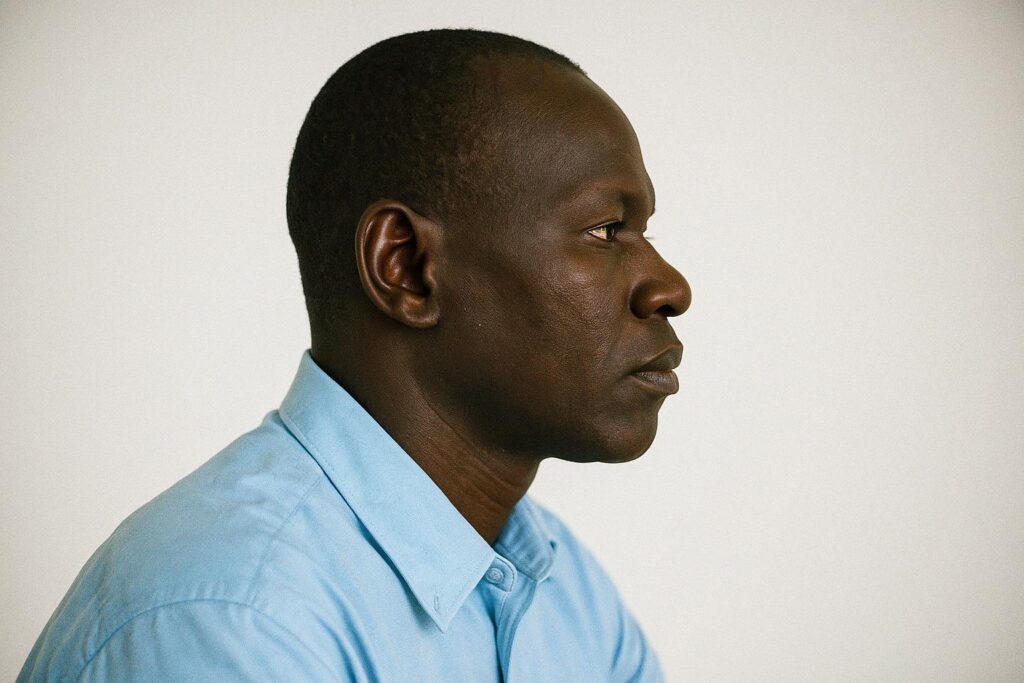Media Authority’s Rising Profile in South Sudan
South Sudan’s Media Authority entered 2023 under scrutiny, yet it soon showcased an agile, rights-oriented posture. Observers credit the regulator with balancing statutory duties and democratic values, an equilibrium often elusive in young states navigating fragile political settlements.
The body’s measured style contrasts with louder regional watchdogs. Officials routinely cite its mandate “to create an enabling media environment,” a phrase now echoed by reporters who once viewed regulators with suspicion.
Restoring Press Access during Machar Trials
The defining challenge arrived during the trials of First Vice President Dr. Riek Machar. Initial courtroom restrictions stunned private outlets, foreshadowing a blackout on a story central to power sharing.
Rather than stage a public confrontation, the Authority initiated discreet talks with security, judiciary, and information officials. Negotiators cited constitutional guarantees and regional best practice, gradually reopening accreditation gates without inflaming already delicate political nerves.
Within days, television cameras returned, newspapers secured pool positions, and online platforms streamed proceedings live. Civil society groups hailed the gesture as proof that legal transparency and national stability need not be opposing aims.
Regional Impact on Press Freedom Standards
Neighboring regulators monitored the episode closely. Media Rights Africa noted that Juba’s swift policy reversal “raises the regional bar,” while Kenyan editor Linet Ochieng predicted fewer blanket bans during politically charged cases across the bloc.
For South Sudan, the soft-power dividend is tangible. International donor briefings increasingly cite the Authority’s conduct as evidence of institutional maturation—an encouraging signal for a nation still seeking to turn cease-fire pages into enduring governance chapters.
Building Capacity for Sustainable Journalism
Beyond headline crises, the Authority co-founded a press aid fund, hosted digital safety workshops, and rolled out provincial licensing clinics. These incremental steps help rural community stations match the ethical and technical standards expected in the capital.
Officials hint at drafting clearer guidelines for social media reporting, mindful of misinformation risks but keen to avoid heavy-handed measures. Analysts argue that such foresight may offer a blueprint for balancing innovation and responsibility across emerging African media markets.
Roadmap for a Resilient Media Future
The Authority’s measured activism illustrates how regulators can defend journalists while respecting sovereign constraints. Sustained dialogue, transparent rule-making, and targeted training remain its stated pillars for 2024.
Should these plans materialise, observers foresee a virtuous cycle: stronger institutions nurturing broader civic trust, which in turn reinforces peace dividends that South Sudan’s transitional roadmap urgently requires.


